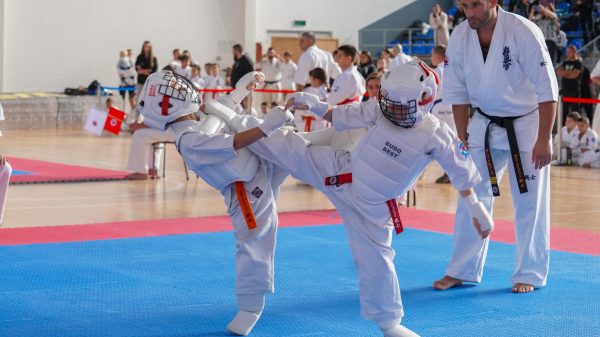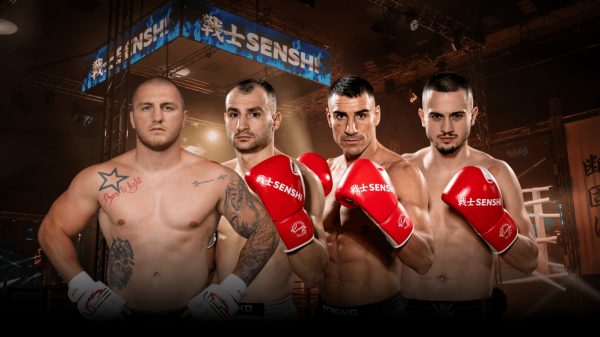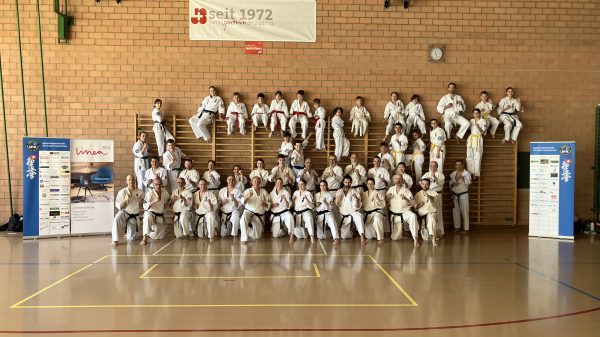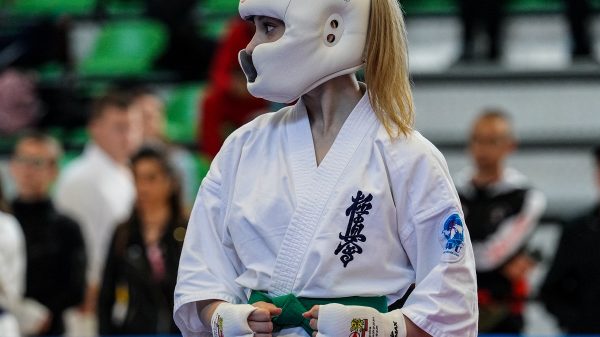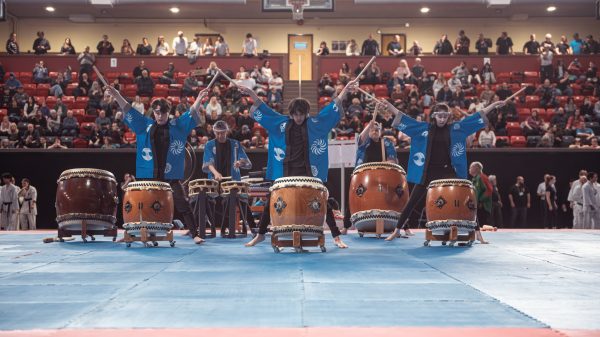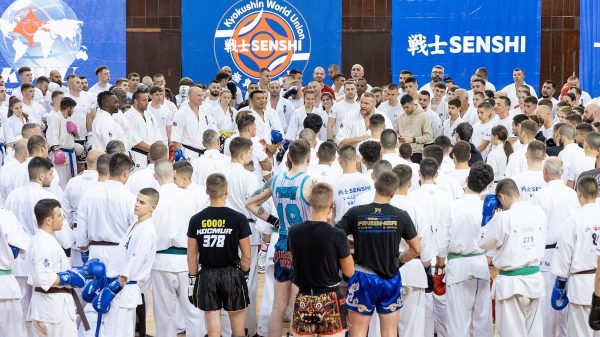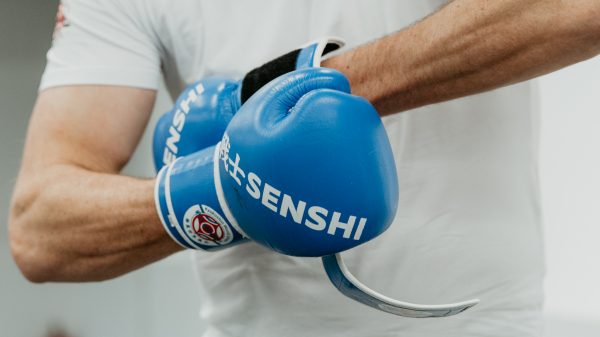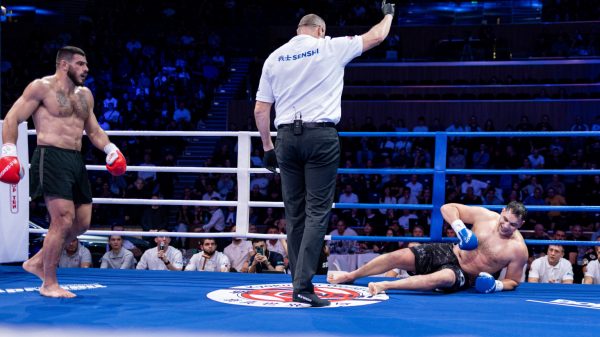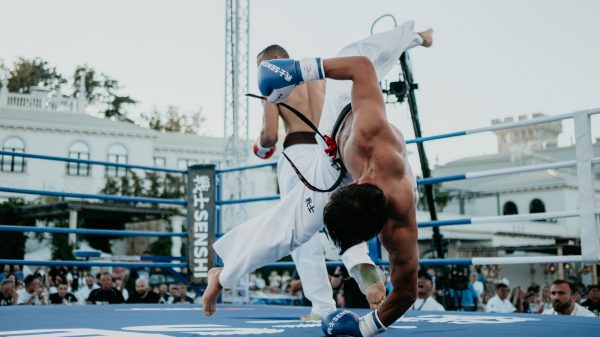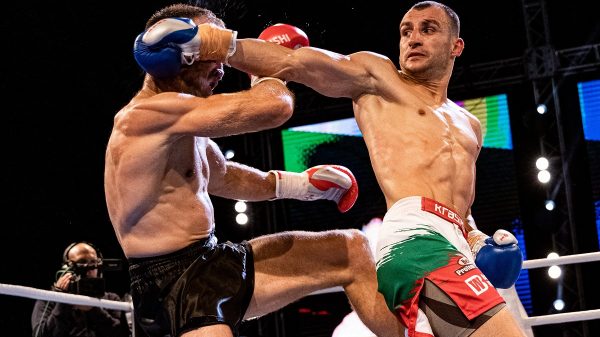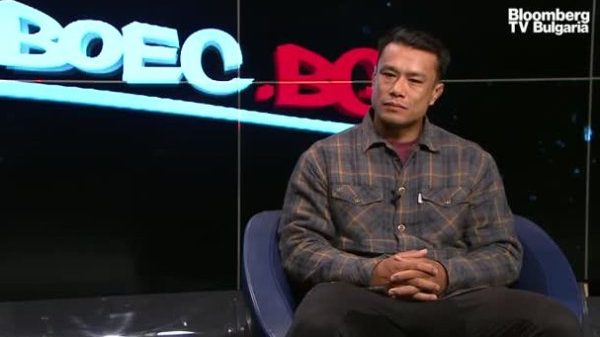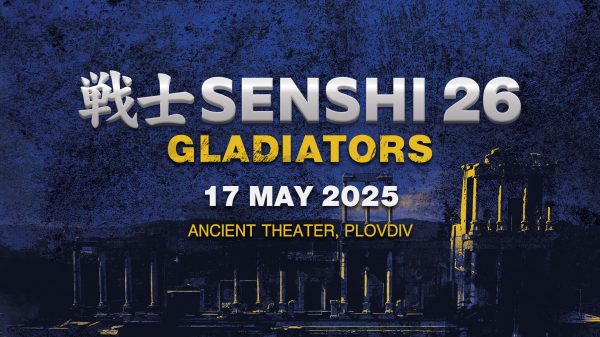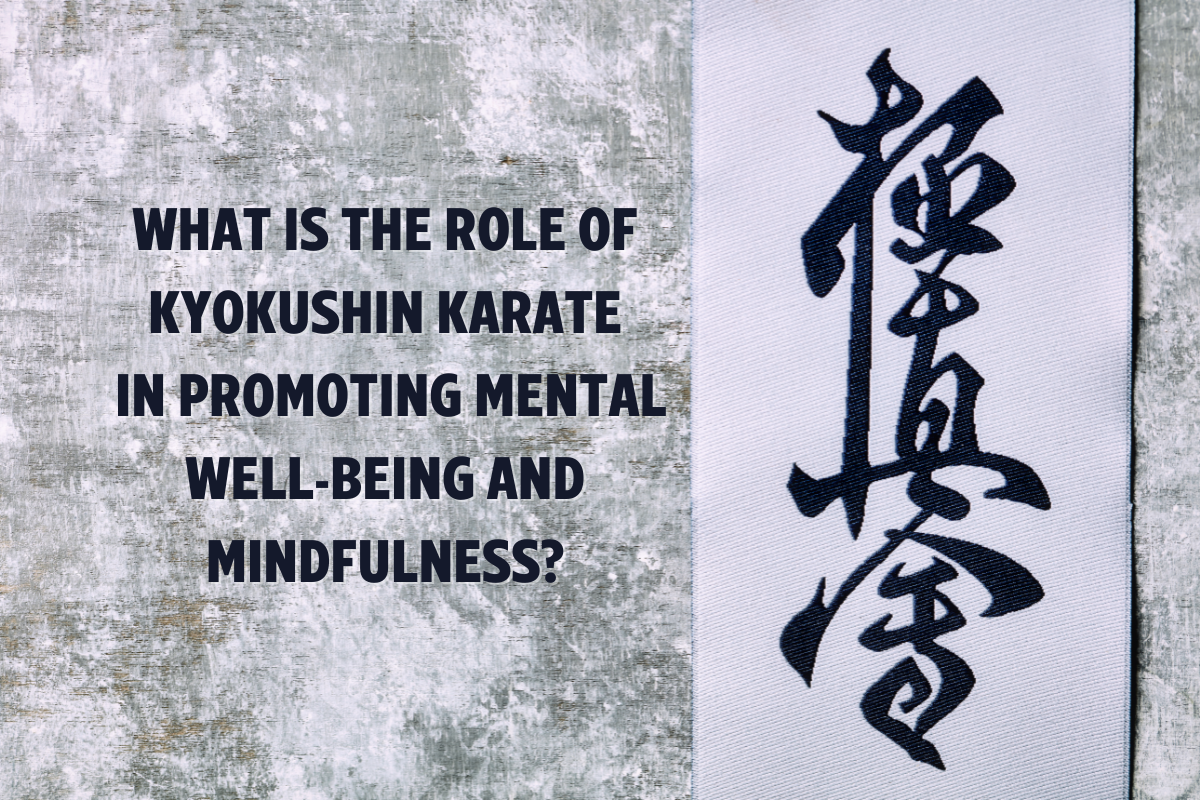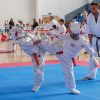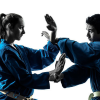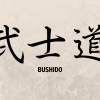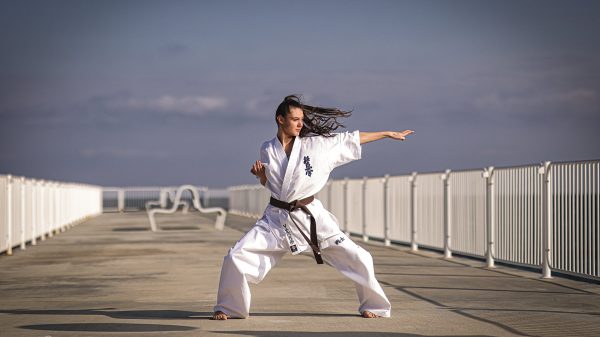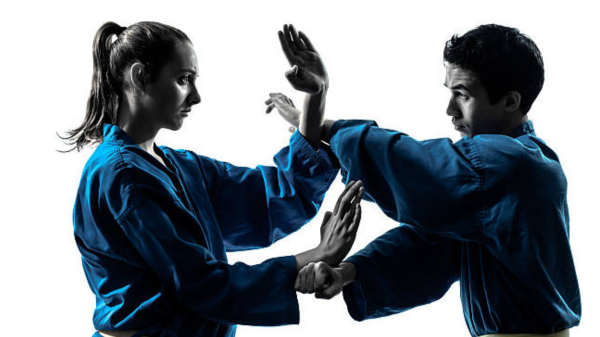Kyokushin Karate, like many other martial arts disciplines, can play a significant role in promoting mental well-being and mindfulness. Here are some specific ways in which Kyokushin Karate contributes to these aspects of personal development:
- Discipline and Self-Control: Kyokushin Karate places a strong emphasis on discipline and self-control. Practitioners are expected to adhere to a strict code of conduct, which includes respect for others, humility, and self-discipline. This focus on discipline can help individuals gain better control over their impulses and emotions, contributing to improved mental well-being.
- Focus and Concentration: Kyokushin Karate training requires intense focus and concentration. Practitioners must pay close attention to their movements, techniques, and their opponent’s actions during sparring. This heightened concentration can transfer to other areas of life, improving one’s ability to stay focused on tasks and make better decisions.
- Stress Relief: Engaging in the physical aspects of Kyokushin Karate, such as kata (pre-arranged forms) and sparring, can be an effective way to relieve stress. The rigorous training sessions provide an opportunity to release pent-up energy and tension, leading to reduced stress levels.
- Mental Toughness: Kyokushin Karate is known for its physically demanding training and full-contact sparring. This challenges practitioners to develop mental toughness and resilience. Overcoming physical and mental barriers in training can lead to increased self-confidence and a sense of accomplishment.
- Mindfulness Through Kata: Kata in Kyokushin Karate involves a series of choreographed movements performed with precision and focus. Practicing kata requires being fully present in the moment, which can cultivate mindfulness. By concentrating on the form, breathing, and transitions between movements, individuals can develop mindfulness skills.
- Goal Setting and Achievement: Advancing through the ranks in Kyokushin Karate involves setting and achieving specific goals, such as earning higher belt ranks. This process can instill a sense of purpose and accomplishment, enhancing self-esteem and overall mental well-being.
- Conflict Resolution Skills: Kyokushin Karate teaches techniques for self-defense, but it also emphasizes using martial skills responsibly and as a last resort. Practitioners learn conflict resolution techniques and the importance of avoiding unnecessary confrontation, which can contribute to improved interpersonal relationships and reduced stress.
- Community and Support: Many Kyokushin dojos (training centers) foster a sense of community and support among their members. This sense of belonging and the support of fellow practitioners can be valuable for mental well-being, providing social connections and a support system.
It’s worth noting that the extent to which Kyokushin Karate promotes mental well-being and mindfulness may vary depending on the instructor, dojo culture, and individual commitment to the practice. To fully experience the mental benefits of Kyokushin Karate, consistent and dedicated training is essential. Additionally, some practitioners may find that incorporating meditation and mindfulness practices alongside their martial arts training enhances the overall mental benefits.


